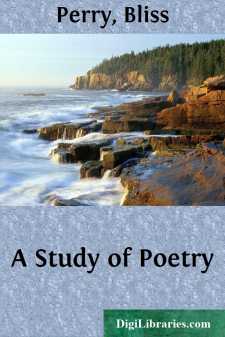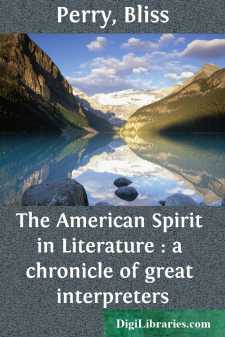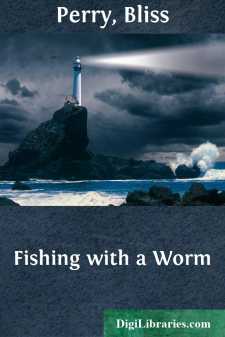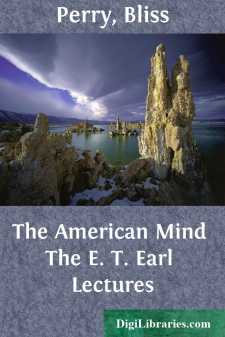Categories
- Antiques & Collectibles 13
- Architecture 36
- Art 48
- Bibles 22
- Biography & Autobiography 815
- Body, Mind & Spirit 144
- Business & Economics 28
- Children's Books 18
- Children's Fiction 14
- Computers 4
- Cooking 94
- Crafts & Hobbies 4
- Drama 346
- Education 58
- Family & Relationships 59
- Fiction 11829
- Games 19
- Gardening 17
- Health & Fitness 34
- History 1378
- House & Home 1
- Humor 147
- Juvenile Fiction 1873
- Juvenile Nonfiction 202
- Language Arts & Disciplines 89
- Law 16
- Literary Collections 686
- Literary Criticism 179
- Mathematics 13
- Medical 41
- Music 40
- Nature 179
- Non-Classifiable 1768
- Performing Arts 7
- Periodicals 1453
- Philosophy 65
- Photography 2
- Poetry 896
- Political Science 203
- Psychology 44
- Reference 154
- Religion 515
- Science 126
- Self-Help 85
- Social Science 82
- Sports & Recreation 34
- Study Aids 3
- Technology & Engineering 59
- Transportation 23
- Travel 463
- True Crime 29
Our website is made possible by displaying online advertisements to our visitors.
Please consider supporting us by disabling your ad blocker.
A Study of Poetry
by: Bliss Perry
Description:
Excerpt
CHAPTER I
A GLANCE AT THE BACKGROUND
It is a gray day in autumn. I am sitting at my desk, wondering how to begin the first chapter of this book about poetry. Outside the window a woman is contentedly kneeling on the upturned brown earth of her tulip-bed, patting lovingly with her trowel as she covers the bulbs for next spring's blossoming. Does she know Katharine Tynan's verses about "Planting Bulbs"? Probably not. But I find myself dropping the procrastinating pen, and murmuring some of the lines:
"Setting my bulbs a-row
In cold earth under the grasses,
Till the frost and the snow
Are gone and the Winter passes—
* * * * *
"Turning the sods and the clay
I think on the poor sad people
Hiding their dead away
In the churchyard, under the steeple.
"All poor women and men,
Broken-hearted and weeping,
Their dead they call on in vain,
Quietly smiling and sleeping.
"Friends, now listen and hear,
Give over crying and grieving,
There shall come a day and a year
When the dead shall be as the living.
"There shall come a call, a foot-fall,
And the golden trumpeters blowing
Shall stir the dead with their call,
Bid them be rising and going.
"Then in the daffodil weather,
Lover shall run to lover;
Friends all trooping together;
Death and Winter be over.
"Laying my bulbs in the dark,
Visions have I of hereafter.
Lip to lip, breast to breast, hark!
No more weeping, but laughter!"
Yet this is no way to start your chapter, suggests Conscience. Why do you not write an opening paragraph, for better for worse, instead of looking out of the window and quoting Katharine Tynan? And then it flashes over me, in lieu of answer, that I have just discovered one way of beginning the chapter, after all! For what I should like to do in this book is to set forth in decent prose some of the strange potencies of verse: its power, for instance, to seize upon a physical image like that of a woman planting bulbs, and transmute it into a symbol of the resurrection of the dead; its capacity for turning fact into truth and brown earth into beauty; for remoulding the broken syllables of human speech into sheer music; for lifting the mind, bowed down by wearying thought and haunting fear, into a brooding ecstasy wherein weeping is changed into laughter and autumnal premonitions of death into assurance of life, and the narrow paths of individual experience are widened into those illimitable spaces where the imagination rules. Poetry does all this, assuredly. But how? And why? That is our problem.
"The future of poetry is immense," declared Matthew Arnold, and there are few lovers of literature who doubt his triumphant assertion. But the past of poetry is immense also: impressive in its sheer bulk and in its immemorial duration. At a period earlier than any recorded history, poetry seems to have occupied the attention of men, and some of the finest spirits in every race that has attained to civilization have devoted themselves to its production, or at least given themselves freely to the enjoyment of reciting and reading verse, and of meditating upon its significance....





